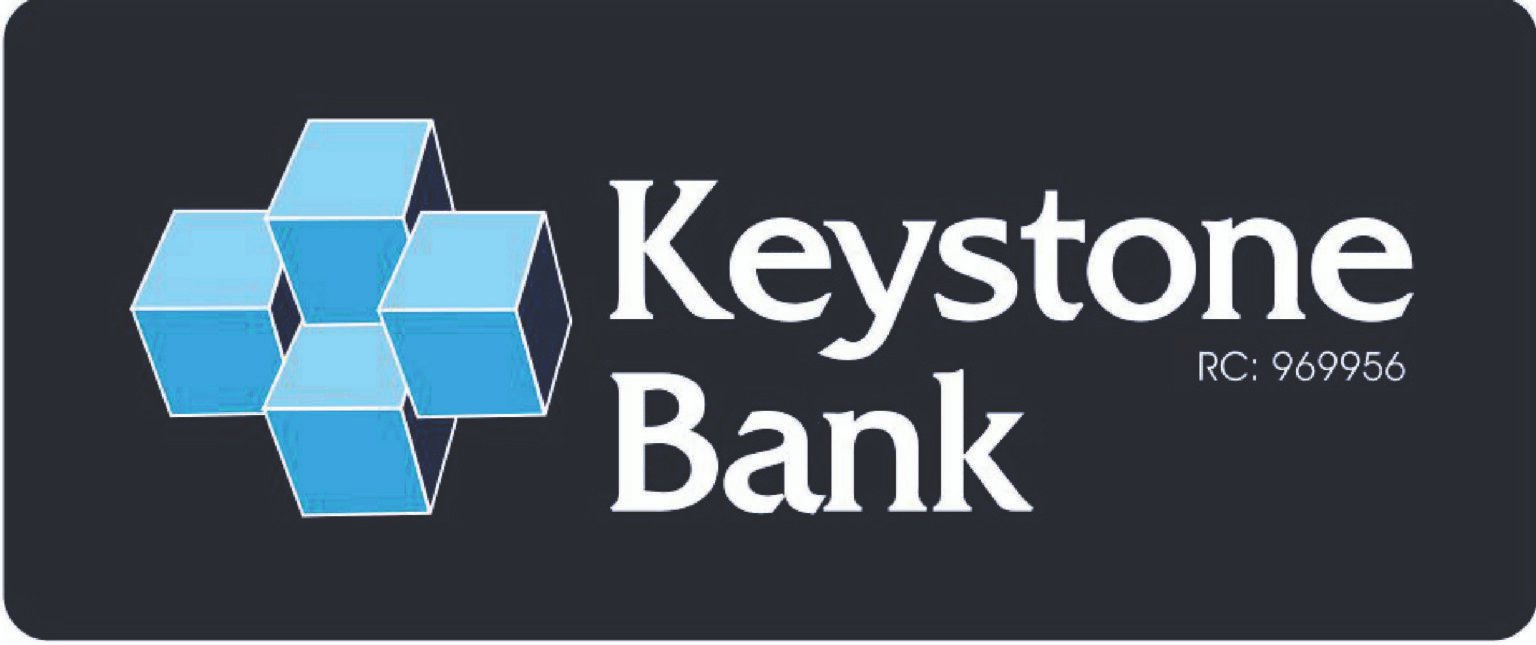Court shuts Keystone Bank’s Abuja Office over N202m debt, issues strong warning to Nigerian Banks

In a landmark judgment reaffirming the rights of Nigerian bank customers, a High Court sitting in the Federal Capital Territory (FCT) has enforced an order sealing the Regional Head Office of Keystone Bank in Abuja’s Central Business District.
The decision followed the bank’s refusal to comply with a court ruling mandating it to pay over ₦202 million to Agricultural Productivity Enhancement Limited (AGROPRO LTD), a longstanding customer.
Court officials, accompanied by lawyers Shamsudeen Ubanoma and Maryam Mohammed, carried out the enforcement in the full glare of staff, customers, and passersby, drawing public attention to the growing intolerance for financial institutions that disregard legal directives.
The issue dates back to a 2024 judgment in which the FCT High Court ordered Keystone Bank to refund AGROPRO LTD ₦202,890,426.96, representing the value of a fixed deposit and accrued interest as of January 25, 2021. The court found the bank guilty of unlawfully withholding the company’s funds without legal justification.
According to AGROPRO LTD’s lawyer, Victor Abakpa, the judgment was more than a victory for one company — it was a win for every Nigerian bank customer.
“This is about enforcing the sanctity of contracts and ensuring banks remain neutral custodians of funds,” he said.
He noted that Keystone Bank had appealed the decision but the Court of Appeal upheld the ruling on May 9, 2025, stressing that the bank had no right to withhold AGROPRO’s funds based on unrelated claims about the Central Bank’s Anchor Borrowers Scheme.
The appellate court ruled that banks cannot act as judge and jury over customer deposits without a valid court order.
Abakpa warned that unchecked practices like this could damage confidence in Nigeria’s financial system and discourage economic participation.
He further emphasized that the judgment serves as a stern warning to financial institutions about the limits of their authority.
“There are lawful procedures for debt recovery and banks must strictly follow them,” he said.
The case also highlighted the importance of legal awareness, noting that many other customers might lack the resources to challenge banks but this ruling offers them a path forward.
Abakpa urged the Central Bank of Nigeria (CBN) to take firmer action to enforce customer protection guidelines, warning that regulatory silence in such matters could be damaging to the banking sector’s integrity.
As the Keystone Bank’s Abuja office remains sealed, the judiciary’s message is unmistakable: customer rights are paramount, contracts must be respected, and financial institutions must operate within the confines of the law or face stiff penalties.
